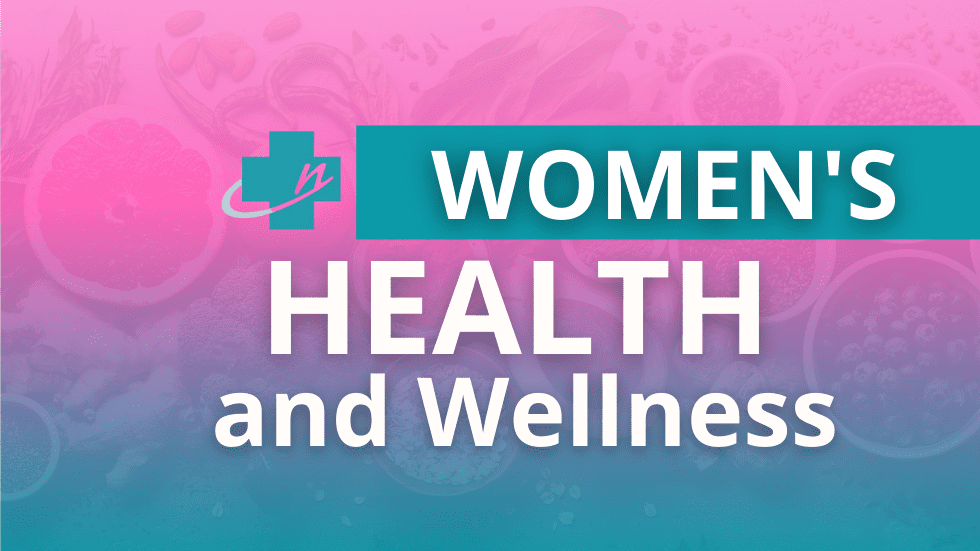Age is Just a Number: How to Embrace Healthy Aging and Live Your Best Life

As we journey through life, it’s important to remember that age is just a number. Embracing healthy aging allows us to lead fulfilling and vibrant lives, regardless of the years we’ve accumulated. In this article, we will explore the keys to healthy aging and discover how you can live your best life at any age.
Aging is a natural process that brings changes to our bodies and minds. However, by adopting healthy habits and embracing a positive mindset, we can make the most of every stage of life. Healthy aging is about nurturing our physical, mental, and emotional well-being to ensure a high quality of life as we grow older.
The Mind-Body Connection
The mind and body are interconnected, and nurturing both aspects is essential for healthy aging. Here are some key practices to promote the mind-body connection:
- Mindfulness: Cultivate mindfulness through practices like meditation, deep breathing, and being present in the moment. This helps reduce stress, enhance mental clarity, and improve overall well-being.
- Emotional Wellness: Prioritize your emotional health by engaging in activities that bring you joy, practicing gratitude, and seeking support when needed. Emotional well-being contributes to a positive outlook on life.
Nourishing Your Body
Proper nutrition plays a vital role in healthy aging. Focus on the following aspects:
- Balanced Diet: Consume a well-balanced diet rich in fruits, vegetables, whole grains, lean proteins, and healthy fats. Adequate nutrition provides the necessary nutrients to support your body’s functions.
- Hydration: Stay hydrated by drinking plenty of water throughout the day. Hydration is crucial for maintaining optimal bodily functions and promoting healthy skin.
- Portion Control: Pay attention to portion sizes to avoid overeating. Listen to your body’s hunger and fullness cues.
- Reduce Processed Foods: Minimize the intake of processed and sugary foods. Instead, opt for whole, nutrient-dense foods that nourish your body.
Exercise for Life
Regular physical activity is essential for healthy aging. Incorporate the following into your routine:
- Aerobic Exercise: Engage in activities that elevate your heart rate, such as brisk walking, swimming, cycling, or dancing. Aim for at least 150 minutes of moderate-intensity aerobic exercise per week.
- Strength Training: Include strength training exercises to maintain muscle mass, bone density, and overall strength. Use resistance bands, weights, or bodyweight exercises to target major muscle groups.
- Flexibility and Balance: Practice stretching exercises to maintain flexibility and incorporate balance exercises, such as yoga or tai chi, to reduce the risk of falls.
Cognitive Stimulation
Keeping your mind active and engaged is crucial for healthy aging. Try the following strategies:
- Lifelong Learning: Engage in activities that challenge your mind, such as learning a new language, playing a musical instrument, or taking up a new hobby. Stimulating your brain promotes cognitive function and memory.
- Puzzles and Games: Solve puzzles, crosswords, sudoku, or play strategy games to keep your mind sharp and improve problem-solving skills.
- Reading: Read books, articles, or newspapers regularly to expand your knowledge and keep your mind engaged.
Social Connections
Maintaining social connections is vital for overall well-being. Here’s how to foster meaningful relationships:
- Community Engagement: Get involved in community activities, join clubs or organizations aligned with your interests, and participate in social events. This helps foster a sense of belonging and combats feelings of isolation.
- Family and Friends: Nurture relationships with family and friends by spending quality time together, sharing experiences, and providing support.
- Volunteering: Contribute to your community by volunteering for causes that are meaningful to you. This not only benefits others but also provides a sense of purpose and fulfillment.
Stress Management
Chronic stress can negatively impact our health and well-being. Implement the following stress management techniques:
- Relaxation Techniques: Practice relaxation techniques such as deep breathing exercises, progressive muscle relaxation, or guided imagery to promote relaxation and reduce stress.
- Mind-Body Practices: Engage in mind-body practices like yoga, tai chi, or qigong, which combine physical movement, breath control, and mindfulness to reduce stress and promote a sense of calm.
- Time Management: Prioritize tasks, delegate when possible, and create a balanced schedule that allows for relaxation and self-care.
Sleep and Rest
Adequate sleep and rest are crucial for healthy aging. Follow these tips for quality sleep:
- Sleep Hygiene: Establish a regular sleep schedule, create a relaxing bedtime routine, and ensure your sleep environment is comfortable, quiet, and dark.
- Limit Stimulants: Minimize or avoid caffeine, nicotine, and electronic devices before bedtime, as they can interfere with sleep quality.
- Relaxation Techniques: Practice relaxation techniques to promote a calm mind and prepare your body for sleep.
Maintaining a Positive Outlook
A positive outlook on life can enhance overall well-being. Consider the following practices:
- Gratitude: Cultivate gratitude by acknowledging and appreciating the positive aspects of your life. Keep a gratitude journal or practice gratitude meditation.
- Positive Relationships: Surround yourself with positive, supportive individuals who uplift and inspire you.
- Self-Care: Prioritize self-care activities that bring you joy, relaxation, and fulfillment. This includes activities like hobbies, self-reflection, and self-compassion.
Conclusion
Embracing healthy aging is about nurturing your mind, body, and spirit. By adopting a positive mindset, engaging in regular exercise, nourishing your body with wholesome foods, fostering social connections, managing stress, getting quality sleep, and maintaining a positive outlook, you can live your best life at any age. Remember, age is just a number, and your vitality and well-being can thrive as you embrace the journey of healthy aging.







